Happy Juneteenth 2024
Wikipedia 6.20.2024
Holiday: Description
Juneteenth, officially Juneteenth National Independence Day, is a federal holiday in the United States. It is celebrated annually on June 19 to commemorate the ending of slavery in the United States. Wikipedia
Date: Wednesday, June 19, 2024
Event Length: 1 Day
Observed for: 3 years
Also called: Jubilee Day; Emancipation Day (Texas); Freedom Day; Black Independence Day;
Celebrations: Festivals, parties, parades, church services
Observances: African-American history, culture, and progress
Type: Federal holiday, Emancipation Day, Secular Holiday
| Juneteenth | |
| Juneteenth festival in Milwaukee, 2019 | |
| Official name | Juneteenth National Independence Day |
| Also called | · Jubilee Day[1]
· Emancipation Day (Texas)[2][3] · Freedom Day · Black Independence Day[4] |
| Observed by | United States |
| Type | Federal |
| Significance | Emancipation of enslaved people in the United States |
| Celebrations | Festivals, parties, parades, church services |
| Observances | African-American history, culture, and progress |
| Date | June 19[a] |
| Frequency | Annually |
| First time |
|
| Started by | Early celebrations were held by Christian churches and the Freedmen’s Bureau |
| Related to | |
Juneteenth, officially Juneteenth National Independence Day, is a federal holiday in the United States. It is celebrated annually on June 19 to commemorate the ending of slavery in the United States. The holiday’s name is a portmanteau of the words “June” and “nineteenth”, as it was on June 19, 1865, when Major General Gordon Granger ordered the final enforcement of the Emancipation Proclamation in Texas at the end of the American Civil War.[8][9] Although this date commemorates enslaved people learning of their freedom under the Emancipation Proclamation, this only applied to former Confederate states. There remained legally enslaved people in states that never seceded from the Union. These people did not gain their freedom until the ratification of the 13th Amendment to the United States Constitution on December 6, 1865.
Early celebrations date back to 1866, at first involving church-centered community gatherings in Texas. They spread across the South among newly freed African American slaves and their descendants and became more commercialized in the 1920s and 1930s, often centering on a food festival. Participants in the Great Migration brought these celebrations to the rest of the country. During the Civil Rights Movement of the 1960s, these celebrations were eclipsed by the nonviolent determination to achieve civil rights, but grew in popularity again in the 1970s with a focus on African-American freedom and African-American arts. Beginning with Texas by proclamation in 1938, and by legislation in 1979, every U.S. state and the District of Columbia has formally recognized the holiday in some way.
Juneteenth is also celebrated by the Mascogos, descendants of Black Seminoles who escaped from slavery in 1852 and settled in Coahuila, Mexico.[10]
The day was recognized as a federal holiday in 2021, when President Joe Biden signed the Juneteenth National Independence Day Act into law. Juneteenth became the first new federal holiday since Martin Luther King Jr. Day was adopted in 1983.[11]
Celebrations and traditions
the House What Is Juneteenth?, a 2020 video by Democratic Caucus
https://en.wikipedia.org/wiki/Juneteenth
Traditional African dance and music performed for Juneteenth, 2019
The holiday is considered the “longest-running African-American holiday”[12] and has been called “America’s second Independence Day.”[13][14] Juneteenth falls on June 19 and has often been celebrated on the third Saturday in June. Historian Mitch Kachun considers that celebrations of the end of slavery have three goals: “to celebrate, to educate, and to agitate.”[15]
The Black Seminoles of Nacimiento in Mexico hold a festival and reunion, known as el Día de los Negros on June 19.[27][28][29] Many former British colonies celebrate Emancipation Day on August 1, commemorating the Slavery Abolition Act of 1833. Since 2021, the United Nations has designated August 31 as the International Day for People of African Descent. [30]
History
Abolition of slavery in the United States in the Civil War period (the blues and darker greens in the above map occurred before the Civil War period):
Areas covered by the Emancipation Proclamation are in red. Slave-holding areas not covered are in blue.
On September 22, 1862, President Abraham Lincoln announced that the Emancipation Proclamation would go into effect on January 1, 1863, promising freedom to enslaved people in all of the rebellious parts of Southern states of the Confederacy including Texas.[31][32][c][d] Enforcement of the Proclamation generally relied upon the advance of Union troops. Texas, as the most remote state of the former Confederacy, had seen an expansion of slavery because the presence of Union troops was low as the American Civil War ended; thus, the enforcement of the Emancipation Proclamation had been slow and inconsistent there prior to Granger’s order.[9] In all June 19, 1865, was 900 days after the Emancipation Proclamation went into effect, 71 days after Robert E. Lee surrendered to the Union on April 9, 1865, and 24 days after the disbanding of the Confederate military department covering Texas on May 26, 1865.
Early history
The Civil War and celebrations of emancipation
Further information: Slave states and free states, History of slavery in the United States by state, End of slavery in the United States, and Emancipation Day § United States
During the American Civil War (1861–1865), emancipation came at different times in different parts of the Southern United States. Large celebrations of emancipation, often called Jubilees (recalling the biblical Jubilee, in which enslaved people were freed), took place on September 22, January 1, July 4, August 1, April 6, and November 1, among other dates. When emancipation finally came to Texas, on June 19, 1865, as the southern rebellion collapsed, celebration was widespread.[35] While that date did not actually mark the unequivocal end of slavery, even in Texas, June 19 came to be a day of shared commemoration across the United States – created, preserved, and spread by ordinary African Americans – of slavery’s wartime demise.[9]
End of slavery in Texas
Further information: Emancipation Proclamation
Lincoln issued the preliminary Emancipation Proclamation in the midst of the Civil War on September 22, 1862, declaring that if the rebels did not end the fighting and rejoin the Union, all enslaved people in the Confederacy would be freed on the first day of the year.[36] On January 1, 1863, Lincoln issued the final Emancipation Proclamation, declaring that all enslaved people in the Confederate States of America in rebellion and not in Union hands were freed.[36][c]
The freedom of formerly enslaved people in Texas was given state law status in a series of Texas Supreme Court decisions between 1868 and 1874.[47]
During the 1950s and 1960s, the Civil Rights Movement focused the attention of African Americans on expanding freedom and integrating. As a result, observations of the holiday declined again, though it was still celebrated in Texas.[49][50]
Band performing in Texas for Emancipation Day, 1900
Celebration of Emancipation Day in 1900, Texas
Emancipation Day celebration in Richmond, Virginia, 1905
Revival of celebrations
1960s–1980s
Flyer for a 1980 Juneteenth celebration at the Seattle Center
Juneteenth soon saw a revival as Black people began tying their struggle to that of ending slavery. In Atlanta, some campaigners for equality wore Juneteenth buttons. During the 1968 Poor People’s Campaign to Washington, DC, called by Rev. Ralph Abernathy, the Southern Christian Leadership Conference made June 19 the “Solidarity Day of the Poor People’s Campaign.”[44][57] In the subsequent revival, large celebrations in Minneapolis and Milwaukee emerged, [16] as well as across the Eastern United States.[58]
In 1974, Houston began holding large-scale celebrations again,[8] and Fort Worth, Texas, followed the next year. Around 30,000 people attended festivities at Sycamore Park in Fort Worth the following year.[49] The 1978 Milwaukee celebration was described as drawing over 100,000 attendees.[58] In 1979, the Texas Legislature made the occasion a state holiday.[59] In the late 1980s, there were major celebrations of Juneteenth in California, Wisconsin, Illinois, Georgia, and Washington, D.C.[8]
Prayer breakfast and commemorative celebrations
Al Edwards statue
In 1979, Democratic State Representative Al Edwards of Houston successfully sponsored legislation to make Juneteenth a paid Texas state holiday. The same year, he hosted the inaugural Al Edwards prayer breakfast and commemorative celebration on the grounds of the 1859 home, Ashton Villa. As one of the few existing buildings from the Civil War era and popular in local myth and legend as the location of Major General Granger’s order, Edwards’s annual celebration includes a local historian dressed as the Union general[60] reading General Order No. 3 from the second-story balcony of the home. The Emancipation Proclamation is also read and speeches are made.[61][62] Representative Al Edwards died of natural causes April 29, 2020, at the age of 83,[63] but the annual prayer breakfast and commemorative celebration continued at Ashton Villa, with the late legislator’s son Jason Edwards speaking in his father’s place.[64][65]
Major General Gordon Granger issued General Order No. 3 formally informing Texas residents that slavery had ended.
General Order No. 3, June 19, 1865
Early Juneteenth celebrations
Formerly enslaved people in Galveston rejoiced after General Order No. 3.[48] One year later, on June 19, 1866, freedmen in Texas organized the first of what became annual commemorations of “Jubilee Day.”[40] Early celebrations were used as political rallies to give voting instructions to newly freed African Americans.[49] Other independence observances occurred on January 1 or 4.[50]
Official statewide recognitions
In the late 1970s, when the Texas Legislature declared Juneteenth a “holiday of significance … particularly to the blacks of Texas,”[50] it became the first state to establish Juneteenth as a state holiday.[66] The bill passed through the Texas Legislature in 1979 and was officially made a state holiday on January 1, 1980. Before 2000, three more U.S. states officially observed the day, and over the next two decades it was recognized as an official observance in all states, except South Dakota, until becoming a federal holiday.[4]
Juneteenth in pop culture and the mass media
Since the 1980s and 1990s, the holiday has been more widely celebrated among African-American communities and has seen increasing mainstream attention in the US.[12][67] In 1991, there was an exhibition by the Anacostia Community Museum (part of the Smithsonian Institution) called “Juneteenth ’91, Freedom Revisited.”[16] In 1994, a group of community leaders gathered at Christian Unity Baptist Church in New Orleans to work for greater national celebration of Juneteenth.[12][67] Expatriates have celebrated it in cities abroad, such as Paris.[20] Some US military bases in other countries sponsor celebrations, in addition to those of private groups.[20][68] In 1999, Ralph Ellison‘s novel Juneteenth was published, increasing recognition of the holiday.[69] By 2006, at least 200 cities celebrated the day.[16]
In 1997, activist Ben Haith created the Juneteenth flag, which was further refined by illustrator Lisa Jeanne Graf. In 2000, the flag was first hoisted at the Roxbury Heritage State Park in Boston by Haith. The star at the center represents Texas and the extension of freedom for all African Americans throughout the whole nation. The burst around the star represents a nova and the red curve represents a horizon, standing for a new era for African Americans. The red, white, and blue colors represent the American flag, which shows that African Americans and their enslaved ancestors are Americans, and the national belief in liberty and justice for all citizens.[70][71]
Legal observance
State and local holiday
Adoption of Juneteenth as a commemoration or holiday in the US by states, in the years before the federal holiday in 2021
As of 2023, 24 of these states and the District of Columbia have also made it a paid holiday for state or district workers. Federal government employees in all states are covered by the federal holiday.
Texas was the first state to recognize the date by enacted law, in 1980. By 2002, eight states officially recognized Juneteenth[93] and four years later 15 states recognized the holiday.[50] By 2008, just over half of the states recognized Juneteenth in some way.[94] By 2019, 47 states and the District of Columbia recognized Juneteenth,[95] although as of 2020 only Texas had adopted the holiday as a paid holiday for state employees.[96]
In June 2019, Governor of Pennsylvania Tom Wolf recognized Juneteenth as a holiday in the state.[97] In the yearlong aftermath of the murder of George Floyd that occurred on May 25, 2020, nine states designated Juneteenth a paid holiday,[98] including New York, Washington, and Virginia.[99] In 2020, Massachusetts Governor Charlie Baker issued a proclamation that the day would be marked as “Juneteenth Independence Day.” This followed the filing of bills by both the House and Senate to make Juneteenth a state holiday. Baker did not comment on these bills specifically but promised to grant the observance of Juneteenth greater importance.[100] On June 16, 2021, Illinois adopted a law changing its ceremonial holiday to a paid state holiday.[101]
Some cities and counties have also recognized Juneteenth through proclamation. In 2020, Juneteenth was formally recognized by New York City (as an annual official city holiday and public school holiday, starting in 2021).[102][103] Cook County, Illinois, adopted an ordinance to make Juneteenth a paid county holiday.[104] The City and County of Honolulu recognizes it as an “annual day of honor and reflection”,[105] and Portland, Oregon (as a day of remembrance and action and a paid holiday for city employees).[106]
North Dakota approved recognition of Juneteenth as a state-recognized annual holiday on April 13, 2021,[107] with Hawaii becoming the 49th state to recognize the holiday on June 16, 2021.[f][108][109] On June 16, 2020, South Dakota Governor Kristi Noem proclaimed that the following June 19, 2020, was to be Juneteenth Day for that year only, spurning calls for it to be recognized annually, rather than just for 2020.[110] In February 2022, South Dakota became the last state to recognize Juneteenth as an annual state holiday or observance.[111] Its law provided for following the federal law even before it was official.[112] On May 2, 2022, Colorado Governor Jared Polis signed a bill changing the state’s ceremonial observance to a state holiday and it is now the 11th state holiday in Colorado.[113]
As of 2024, 27 states and the District of Columbia have made Juneteenth an annualized paid holiday for state employees, with the remainder maintaining at least a ceremonial observance (New Mexico’s personnel board declared it a paid worker holiday, although it is not a statutory holiday in New Mexico).[114] Additional states may observe it as a paid holiday for state workers but rely on a decision, often of the governor, in each year, instead of perpetual by statute, which may or may not occur again the next year. Local governments including counties and municipalities also may close their offices and pay their workers time-off.[115] The table below only includes the state’s with perpetual, annual, paid holiday laws identified by the Congressional Research Service in 2023 or subsequent sources:[116]
Federal holiday
| Juneteenth National Independence Day Act | |
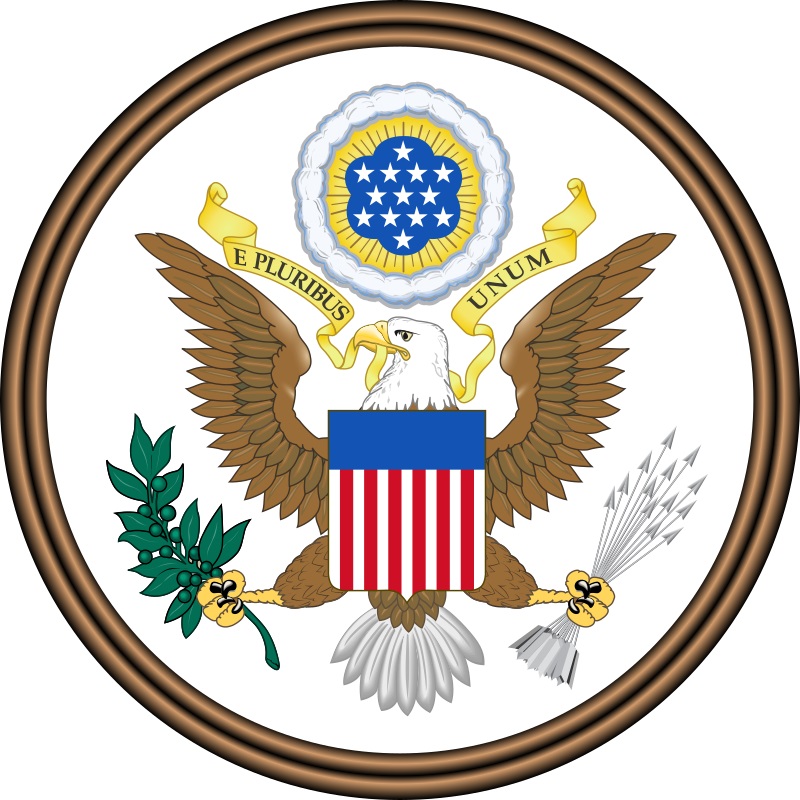 |
|
| Long title | An Act to amend title 5, United States Code, to designate Juneteenth National Independence Day as a legal public holiday. |
| Enacted by | the 117th United States Congress |
| Effective | June 17, 2021 |
| Citations | |
| Public law | Pub. L.Tooltip Public Law (United States) 117–17 (text) (PDF) |
| Statutes at Large | 135 Stat. 287 |
| Codification | |
| Titles amended | Title 5—Government Organization and Employees |
| U.S.C. sections amended | 5 U.S.C. § 6103 |
| Legislative history | |
| · Introduced in the Senate as S. 475 by Ed Markey (D–MA) on February 25, 2021
· Committee consideration by Senate Judiciary · Passed the Senate on June 15, 2021 (unanimous consent) · Passed the House on June 16, 2021 (415–14) · Signed into law by President Joe Biden on June 17, 2021 |
|
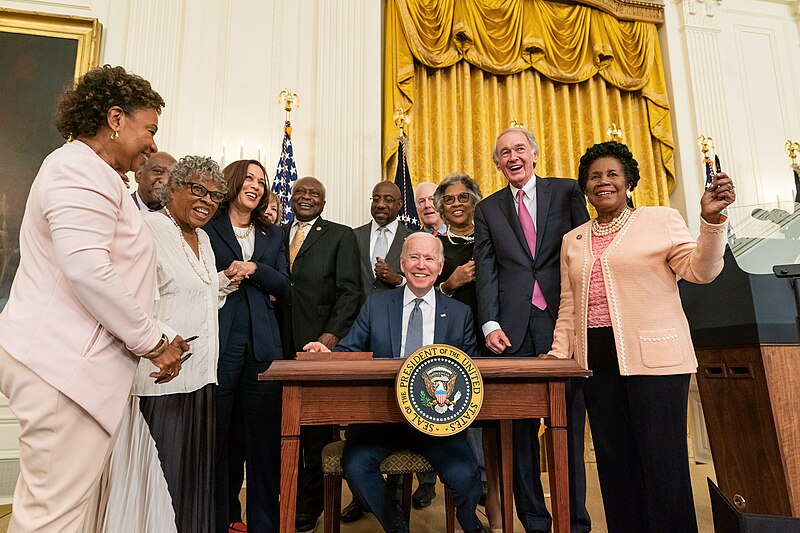
Becoming a federal holiday
President Joe Biden signed the Juneteenth National Independence Day Act into law, June 17, 2021. Opal Lee is third from left.
Ing’s Comments:
I took some content from Wikipedia Juneteenth’s article. There are a lot more details to broaden knowledge of how the movement of Juneteenth can be achieved as a federal holiday successfully and to be celebrated as human beings are born free and have equal rights for all. Please visit Wikipedia at the following link: https://en.wikipedia.org/wiki/Juneteenth
Ing-On Vibulbhan-Watts, June 21, 2024
AXIOS PM 6.19.2024
|
2.  Juneteenth gains in popularity (and profit) Juneteenth gains in popularity (and profit) |
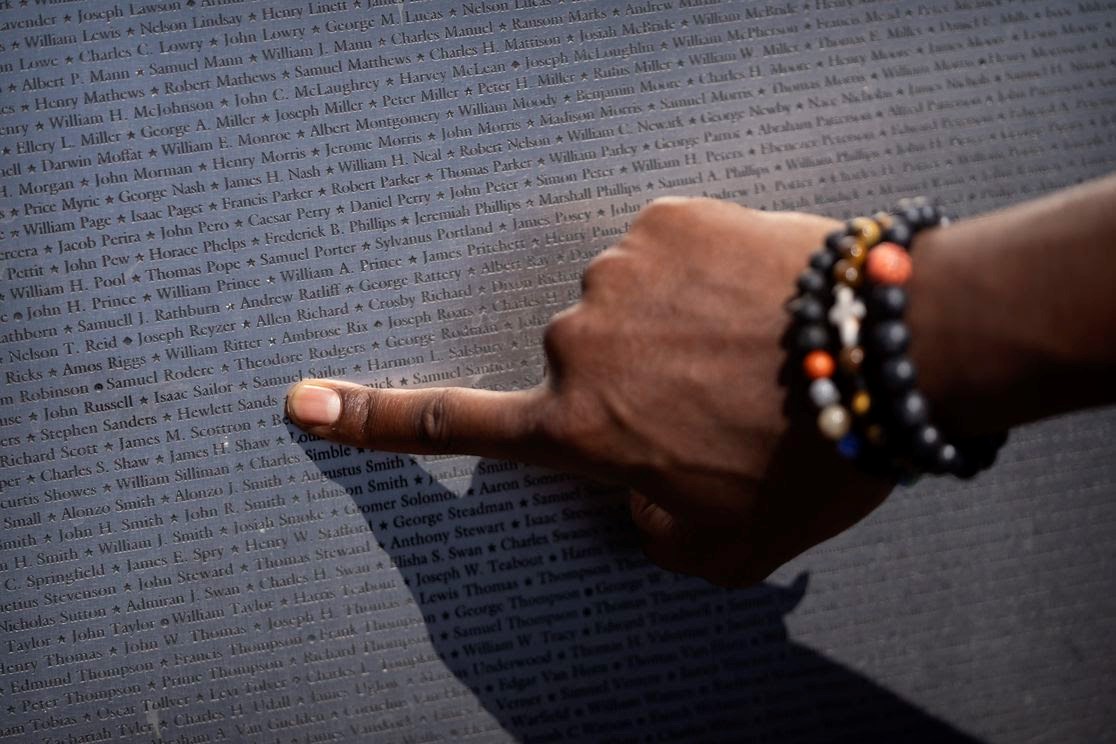
AP reporter Darren Sands spots his great-great-great-great grandfather Hewlett Sands, among U.S. Colored Troops soldiers on the African American Civil War Memorial in Washington. Photo: Mark Schiefelbein/AP (Read the story) Like all other federal holidays, Juneteenth can be a chance to make a few dollars — a trend that worries advocates, Axios’ Russell Contreras reports. · Why it matters: From Juneteenth sales of makeup products to department store specials, the holiday’s message could be lost, like Memorial Day’s regular mattress discounts. · The popularity of Juneteenth and the racial reckoning after George Floyd’s murder in 2020 led several cities and states to rethink how they commemorate difficult chapters of American history, including slavery. Catch up quick: This is the third year Juneteenth has been a national holiday since President Biden signed legislation in 2021. · It commemorates June 19, 1865 — the day Union Maj. Gen. Gordon Granger rode into Galveston, Texas, with word the Emancipation Proclamation had been signed by President Lincoln more than two years before. Data: Mercer. Chart: Axios Visuals Reality check: The growth of Juneteenth as a paid day off for private companies has stalled three years after it became a federal holiday, Axios’ Kelly Tyko writes from a Mercer survey. · 41% of employers with 500+ employees made Juneteenth a paid holiday this year, Mercer tells us. That’s up from 39% last year — and just 9% in 2021. · Keep reading. SPORT |
 |
| Willie Mays in 1967. The New York Times |
Baseball: Willie Mays, the legendary Giants center fielder, has died at 93. Many considered him the greatest all-around player in history. He was electric in the field, earning 12 Gold Gloves. He had 660 home runs.
More on Mays: “Numbers and accolades tell only part of his story,” The Times’s Kurt Streeter writes. “For it was how Mays played — the way he bent the confines of baseball to his will with his smarts, his speed, his style and his power — that set him apart as the most deeply beloved of stars.”
CNN 6.19.2024
Willie Mays
Baseball legend Willie Mays, one of the game’s most electrifying players who made a dramatic catch in the 1954 World Series, died Tuesday. He was 93. Mays passed away “peacefully and among loved ones,” his son, Michael Mays, said in a statement. In 23 major league seasons, mostly with the New York Giants and the San Francisco Giants, Willie Mays finished with 660 career home runs — the second most at the time behind Babe Ruth. Among numerous accolades, Mays was inducted into the Baseball Hall of Fame in 1979. “One of baseball’s most colorful and exciting stars excelled in all phases of the game,” his plaque reads.
The New York Time: The Morning
ARTS AND IDEAS
| The Juneteenth Food Festival in Brooklyn. Juan Arredondo for The New York Times |
Today is Juneteenth, a federal holiday. More people have been celebrating the holiday across the U.S. over the past few years.
Many celebrations take place among families, often in backyards. But some cities, like Atlanta and Washington, hold larger events, including parades and festivals with residents and local businesses. Here’s a guide.
AP: THE MORNINGWIRE
|
||||
|
|
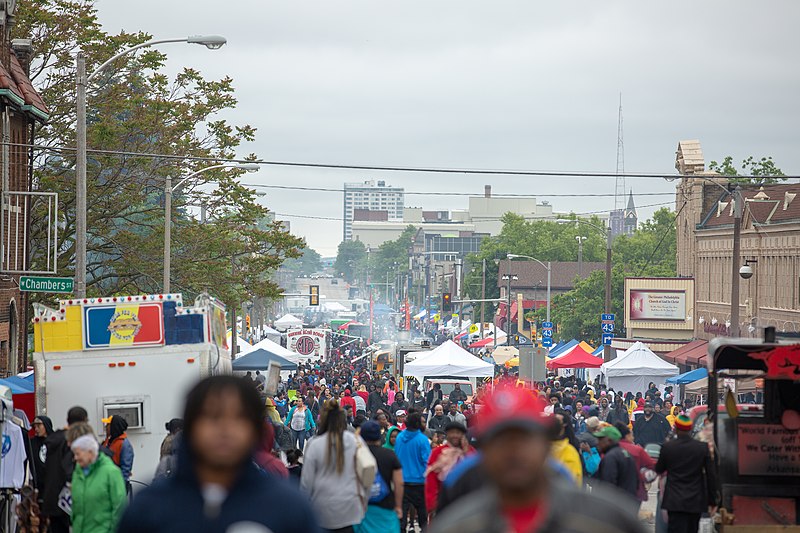
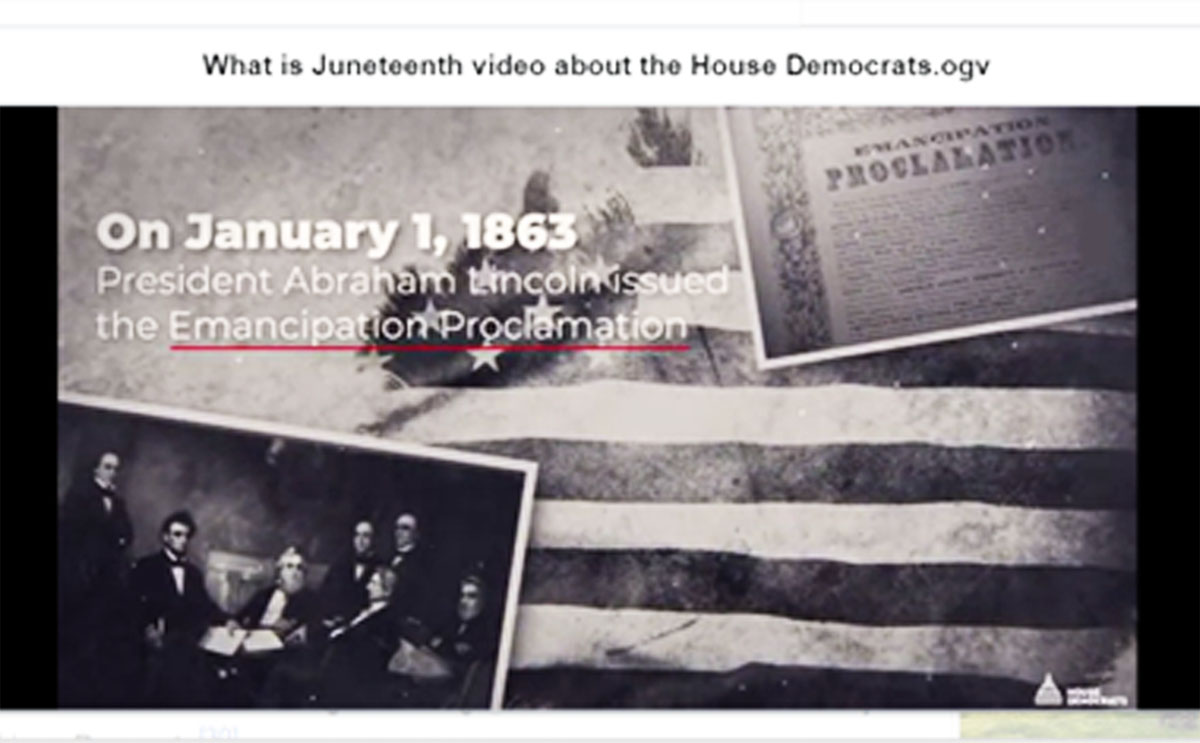
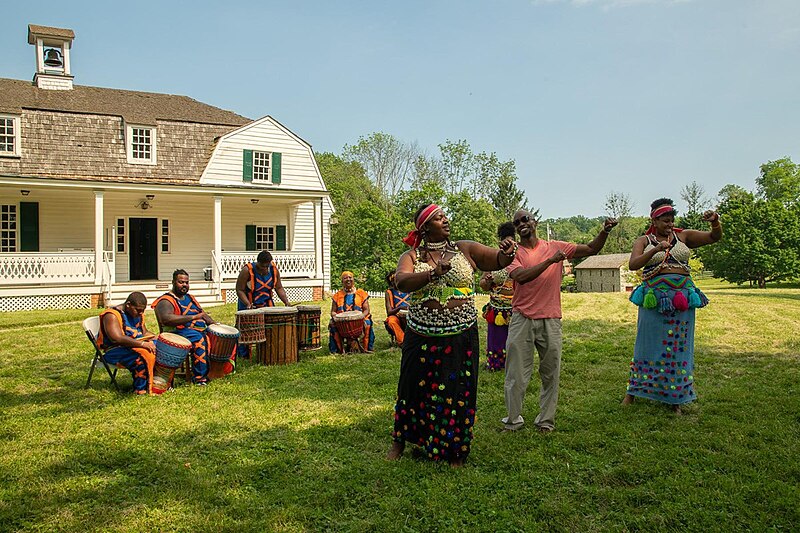
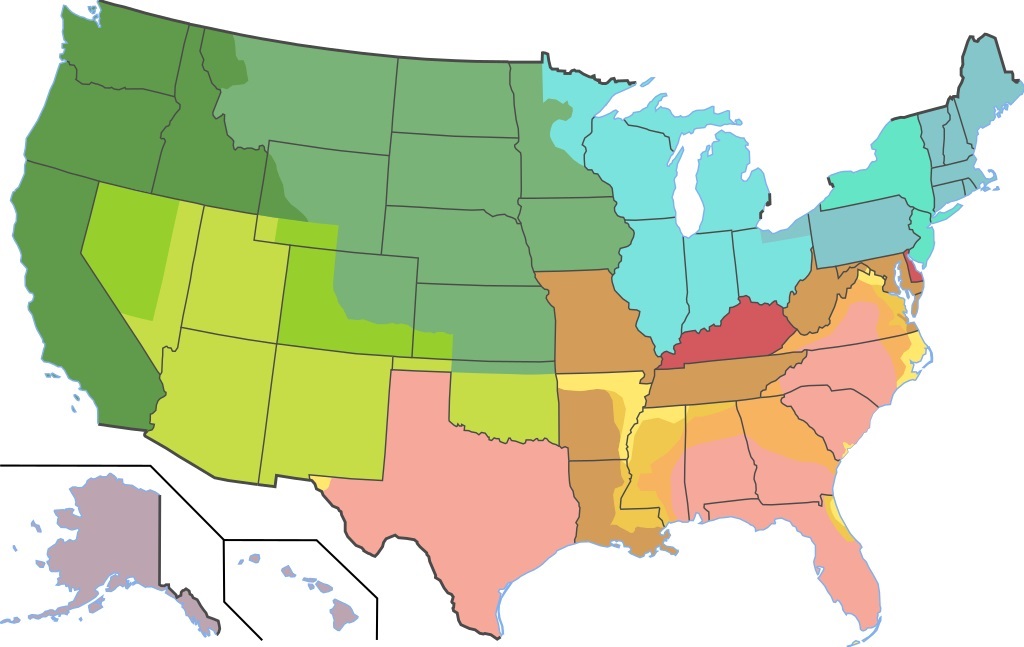
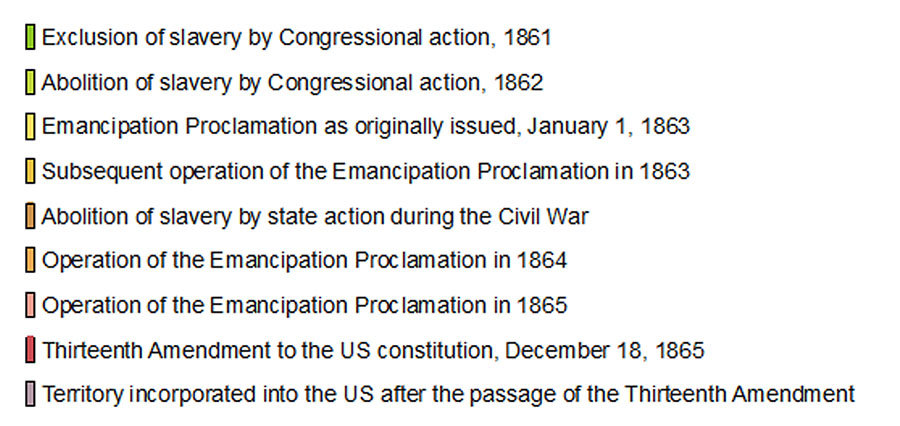
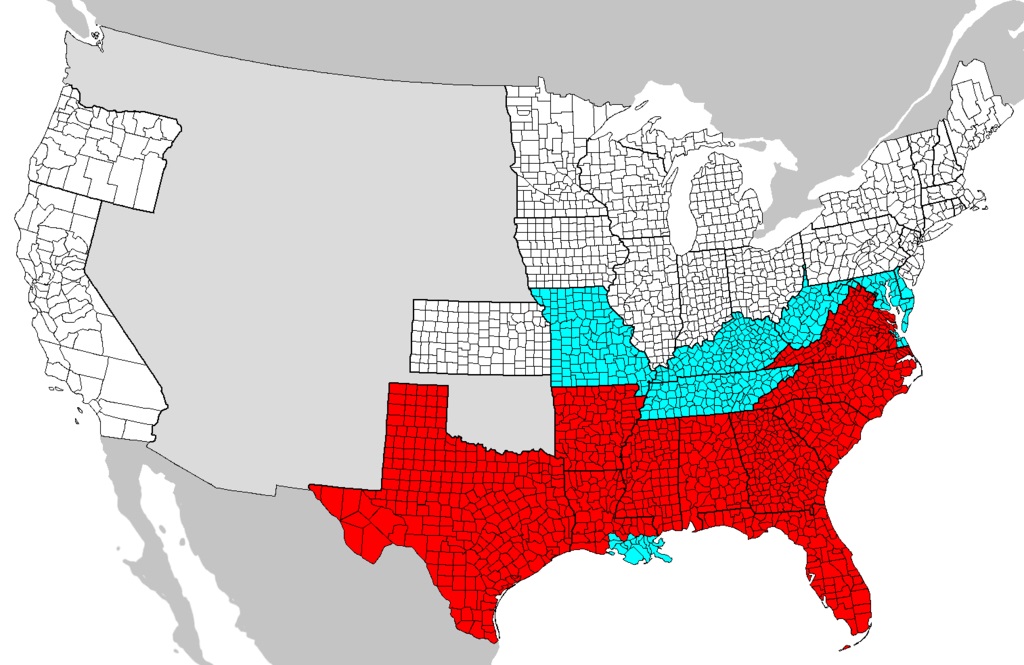
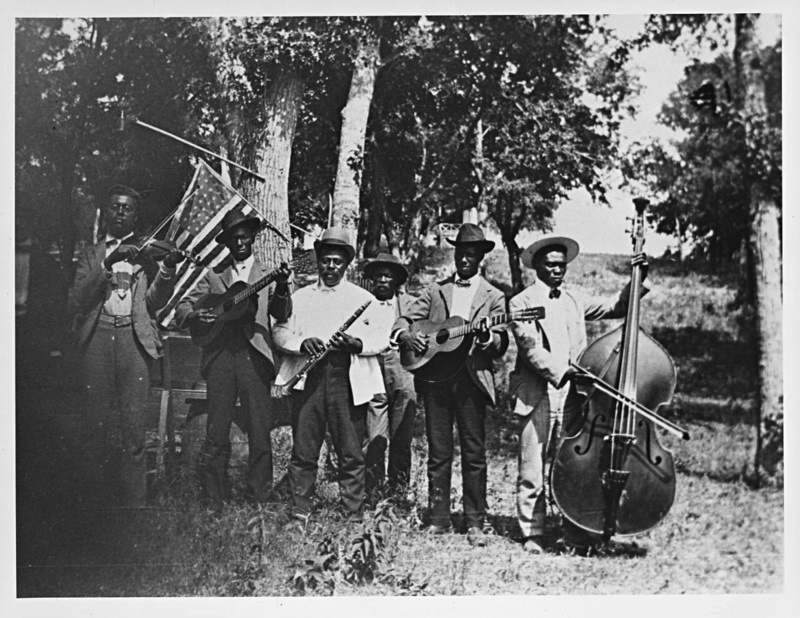
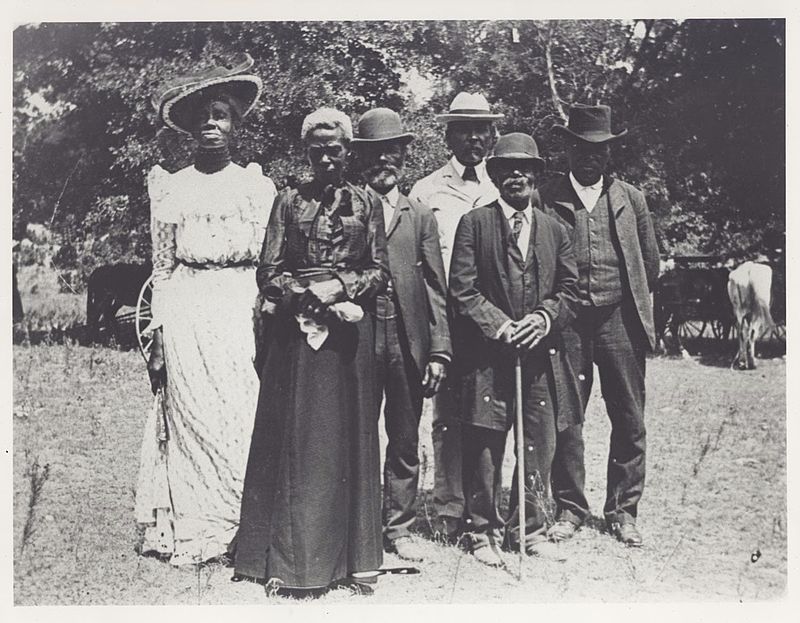
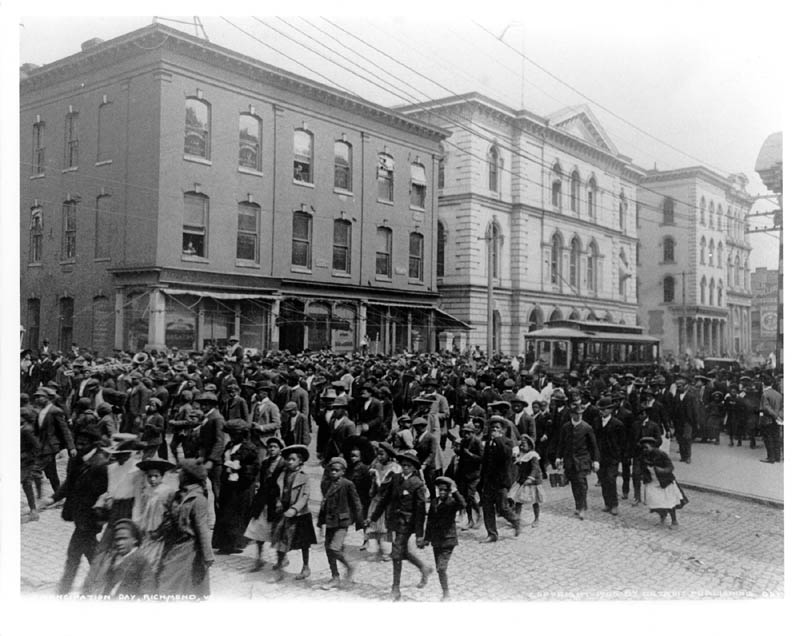
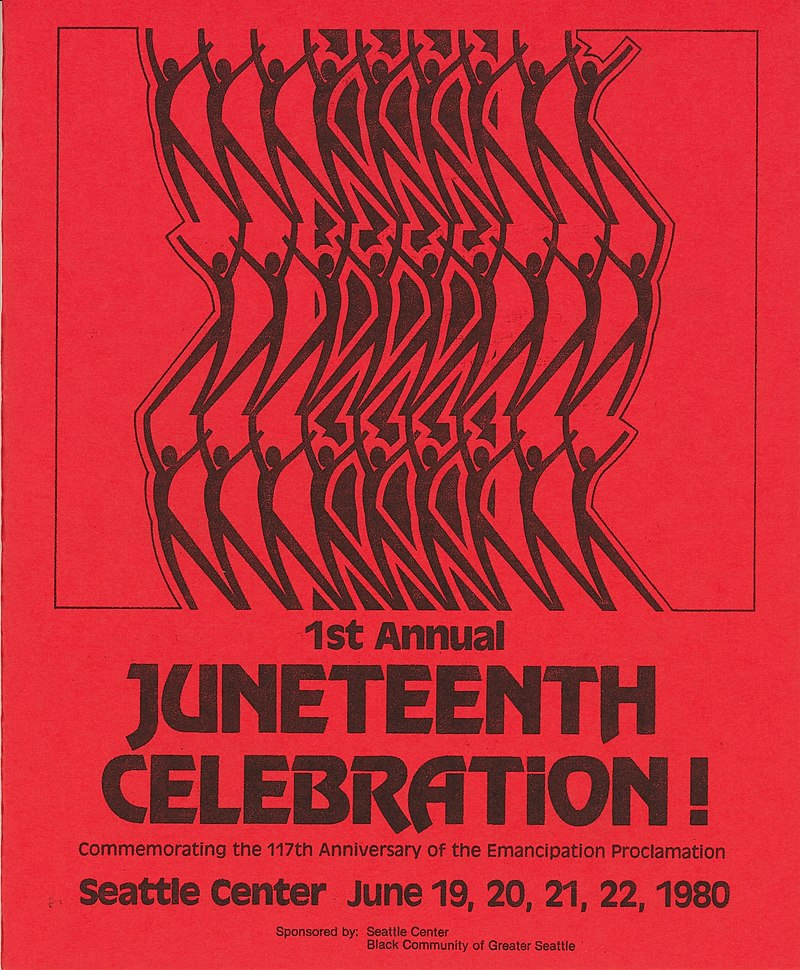
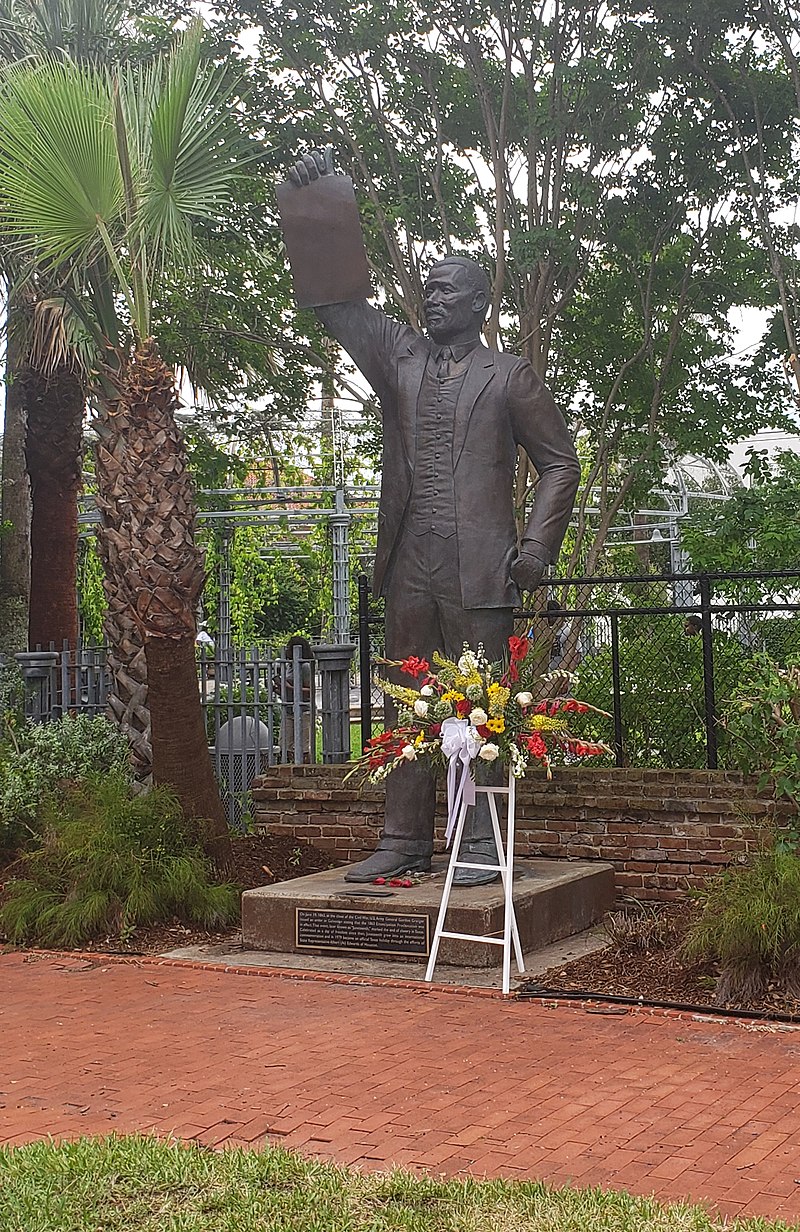
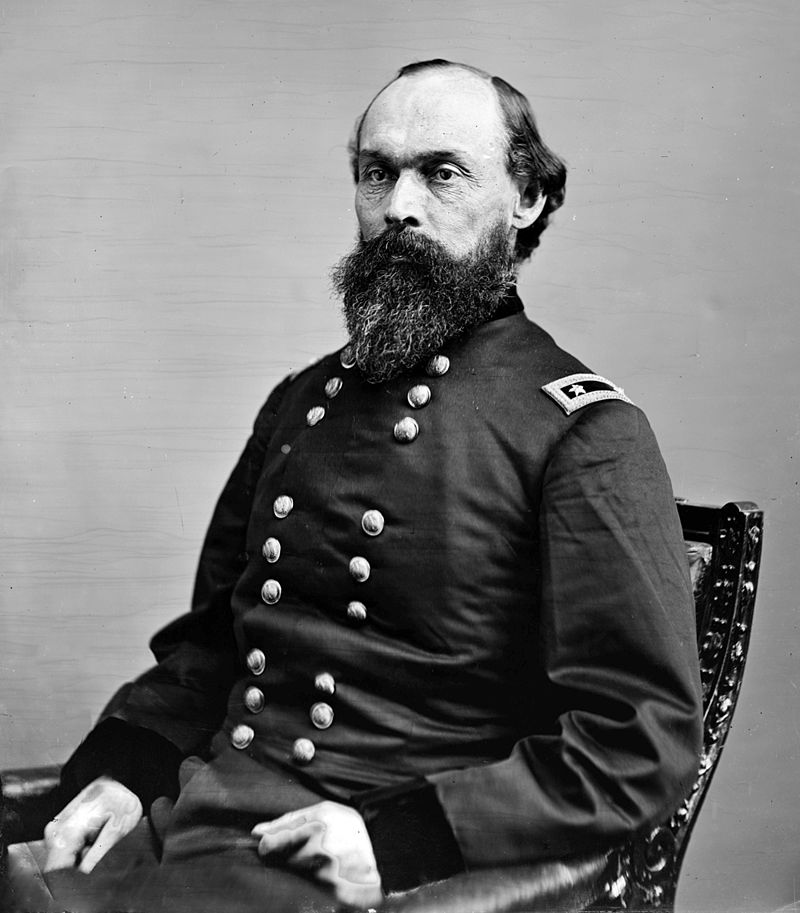
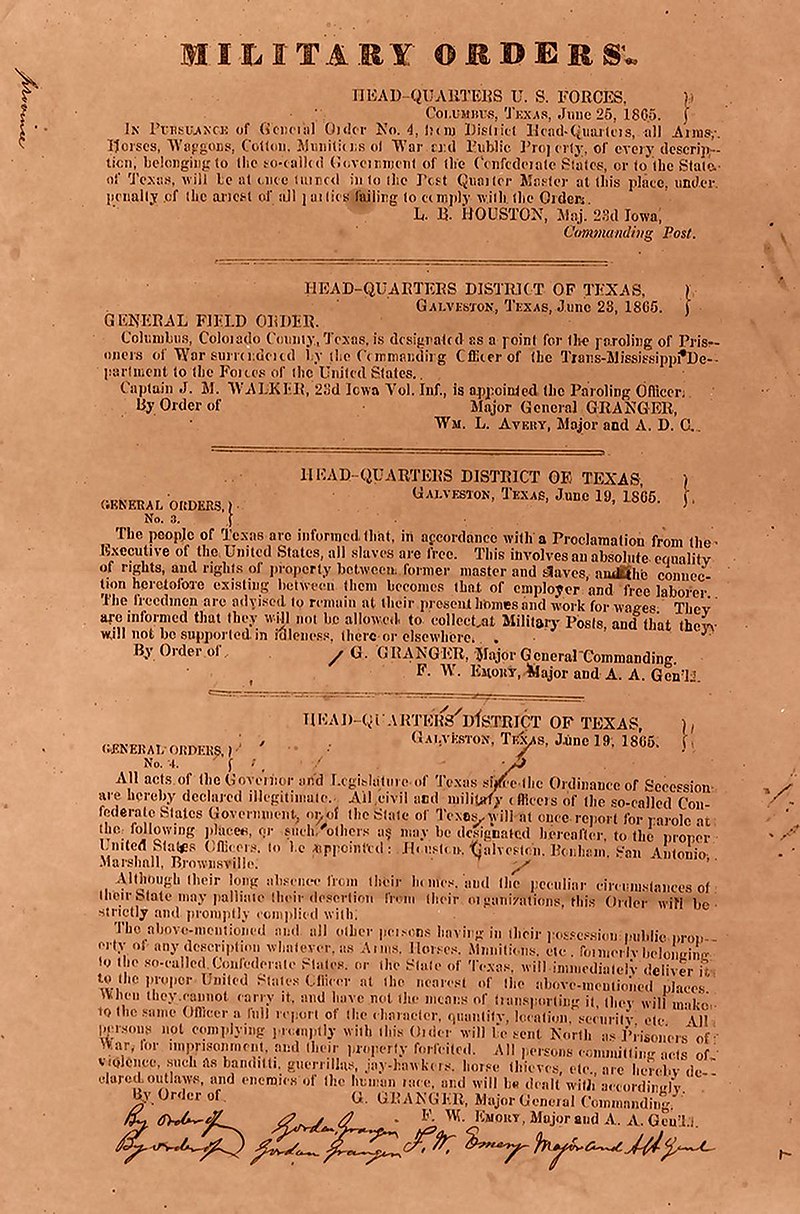
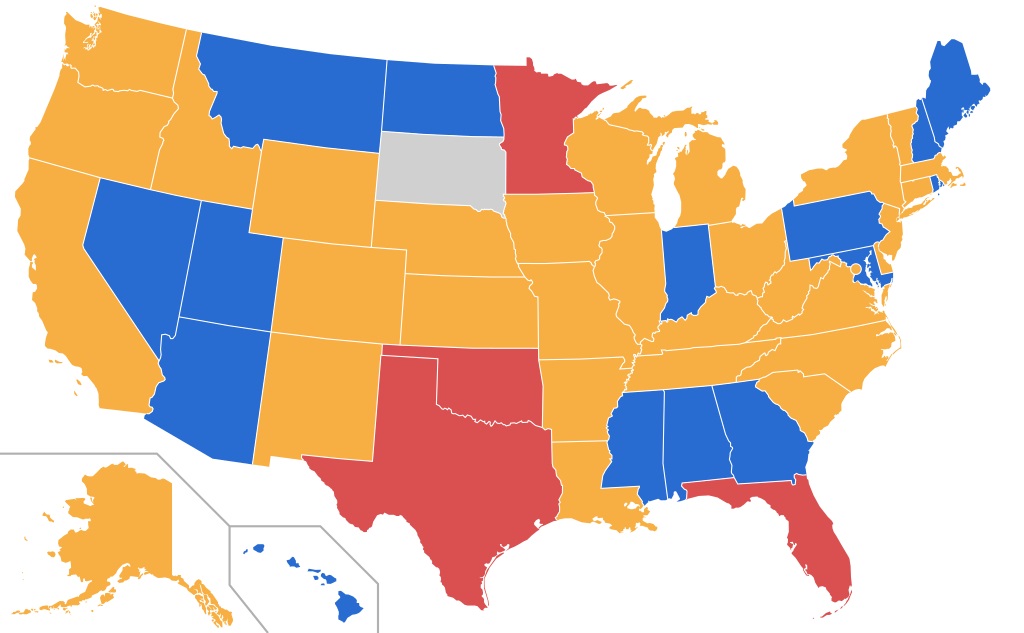


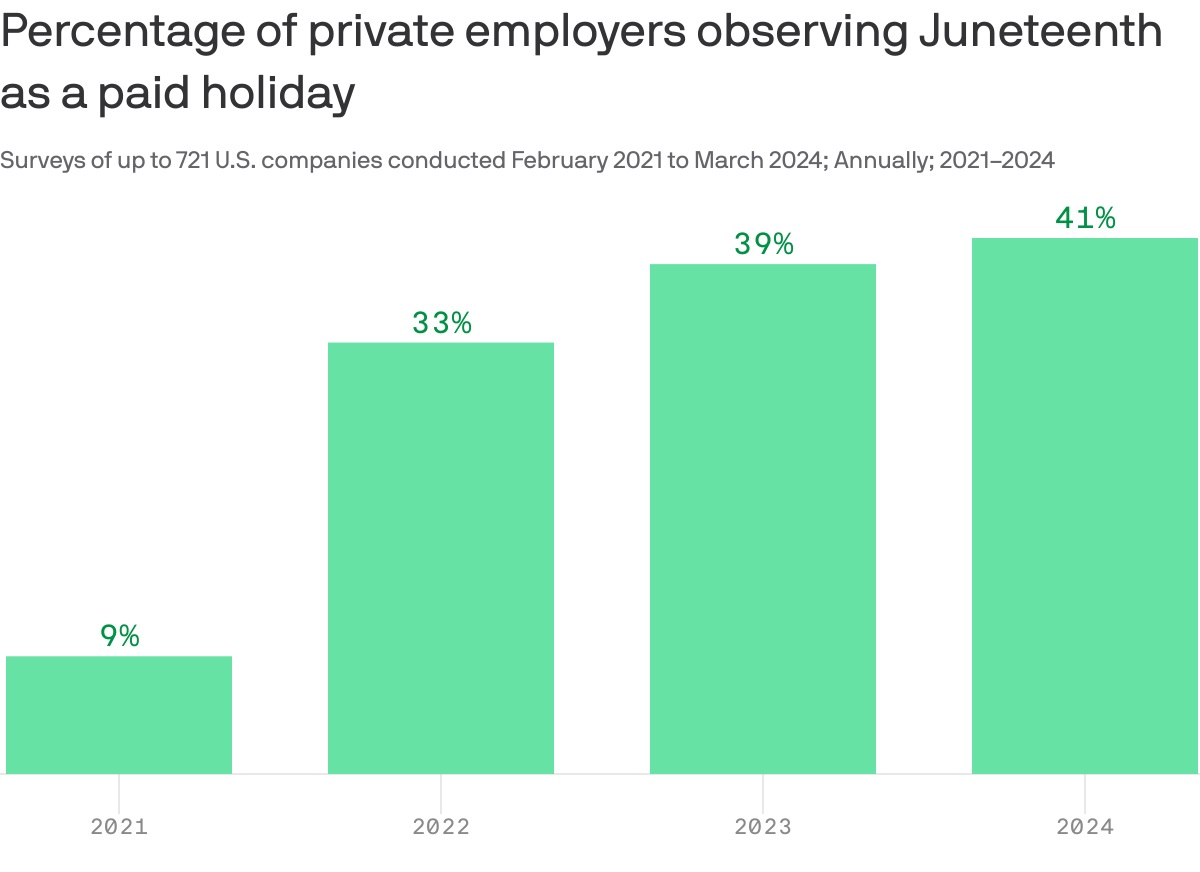
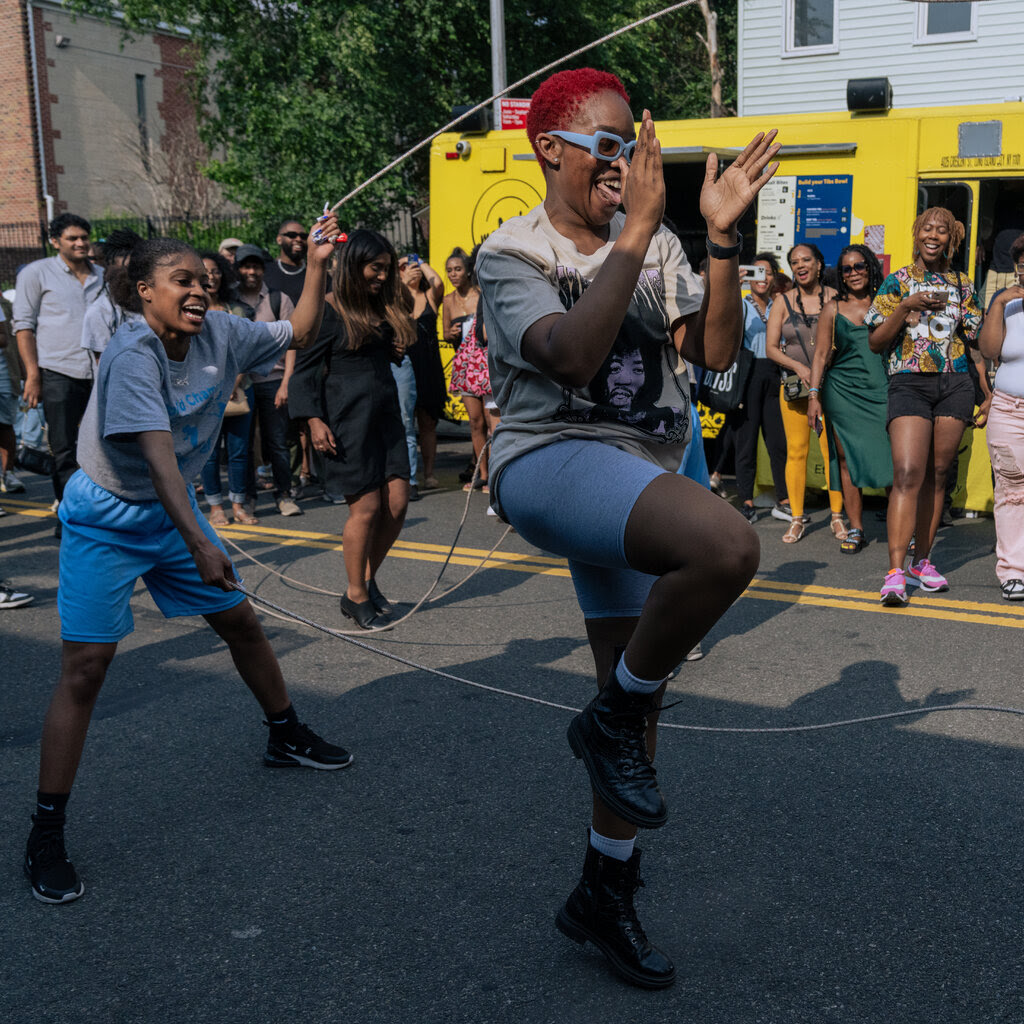

Leave a Reply